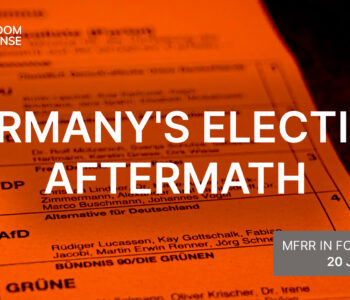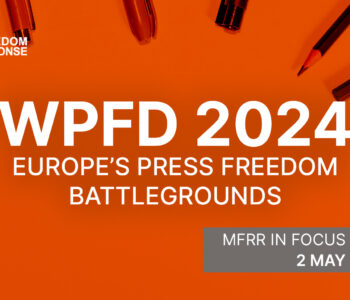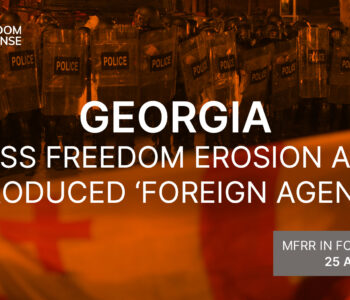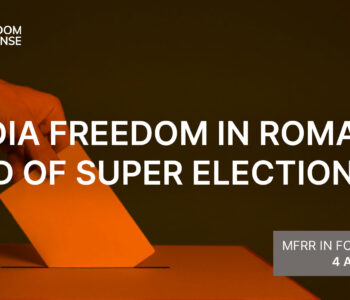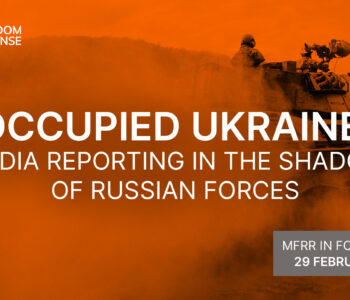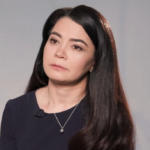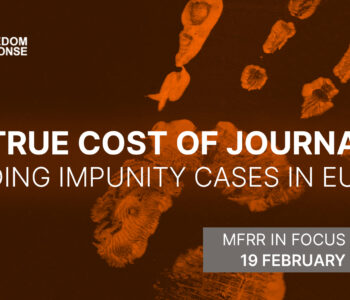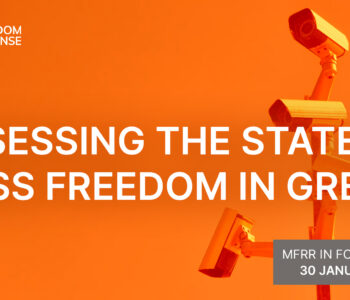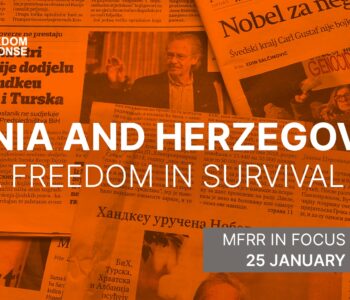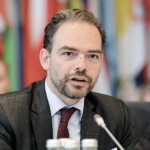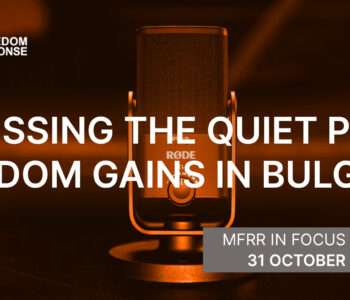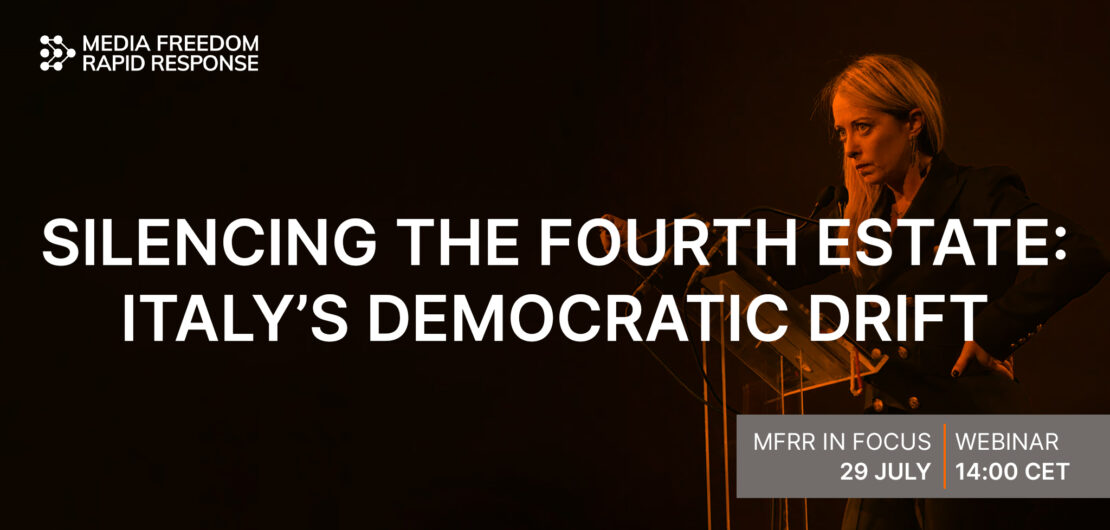
Silencing the Fourth Estate: Italy’s democratic drift
Silencing the Fourth Estate:
Italy’s Democratic Drift
29 July, 14:00 CET.
On July 29, Osservatorio Balcani Caucaso Transeuropa (OBCT), the European Federation of Journalists (EFJ), and the European Centre for Press and Media Freedom (ECPMF) will host a webinar to mark the publication of the final report following the MFRR mission to Rome.
Amid unprecedented political interference in public media, widespread use of legal intimidation against dissenting journalists by government officials, a problematic defamation reform put forward by the ruling coalition, and the potential acquisition of AGI by one of Lega’s MPs, the MFRR organised an urgent mission to Italy on May 16 and 17, 2024.
Relying on the findings from meetings held during the mission and MFRR’s ongoing monitoring of the situation in the country, the report assesses the deterioration of media freedom in Italy. These challenges, indicative of a tense relationship between media and political actors, undermine independent and critical journalism, generating worrying implications for Italian democracy. The mission observed that the chilling effect resulting from the contraction of freedom of expression and the governments’ attempts to silence the press signal a worrying democratic decline in Italy’s media freedom landscape.
Last May’s MFRR mission to Italy was led by the Osservatorio Balcani e Caucaso Transeuropa (OBCT) and the European Federation of Journalists (EFJ). The mission report was prepared by MFRR partner organisations: ARTICLE 19 Europe; European Centre for Press and Media Freedom (ECPMF); European Federation of Journalists (EFJ); International Press Institute (IPI); Osservatorio Balcani e Caucaso Transeuropa (OBCT).
The report will be published in English on July 29, with a translated Italian version to follow in the first week of September.
Moderator

Renate Schroeder
Director of European Federation of Journalists (EFJ)
Speakers

Alessandra Mancuso
Member of Usigrai

Francesca de Benedetti
Journalist at Domani

Davide Sarsini
Journalist at AGI
Final remarks

Serena Epis
Researcher at Osservatorio Balcani Caucaso Transeuropa (OBCT)
